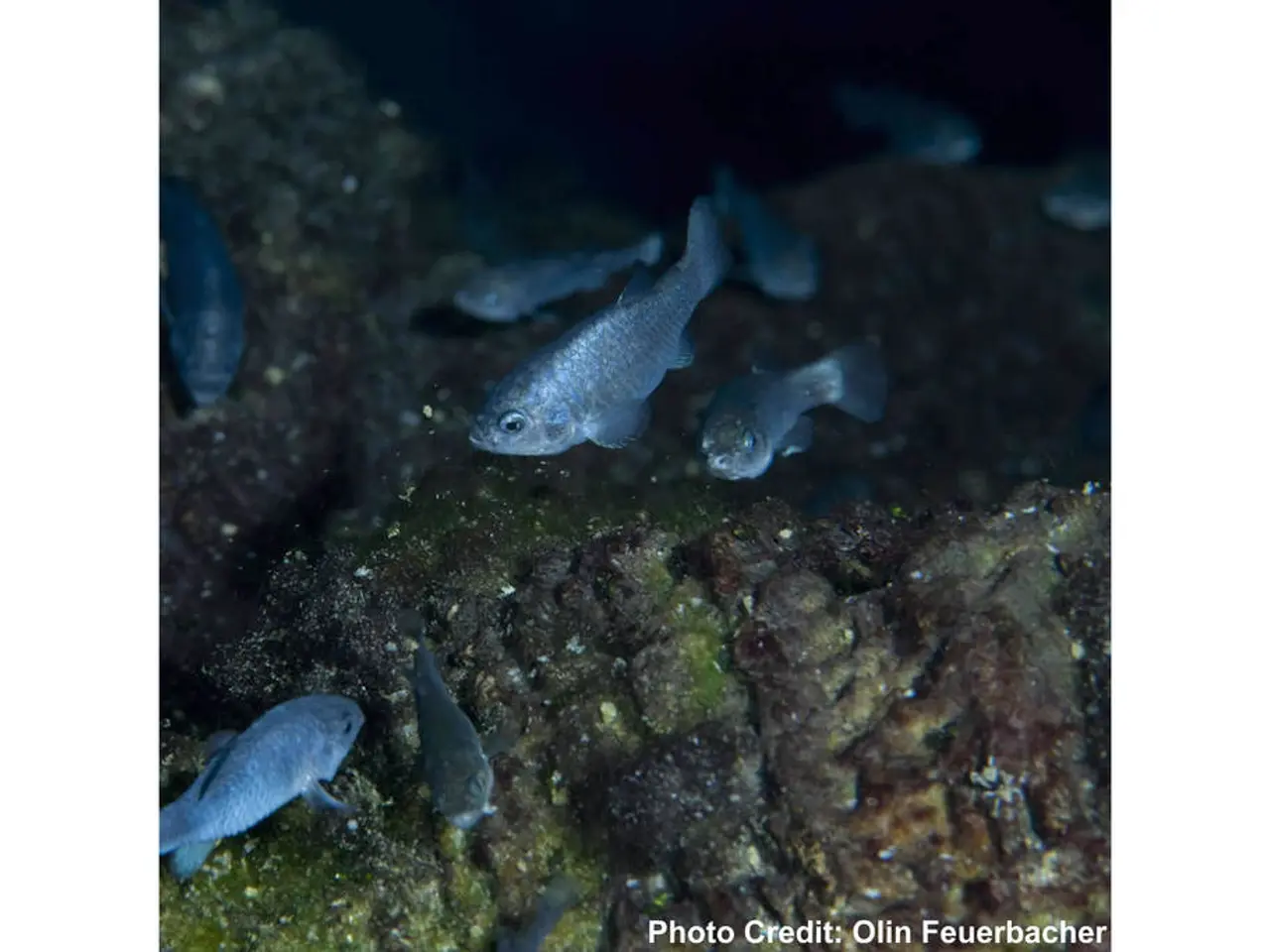Adaptation Support for Small-Scale Fishermen in the Face of Climate Change Through New Data Center
The Asia Digital Hub, a new initiative launched by the CGIAR global research partnership in Penang, Malaysia, is revolutionising small-scale fisheries through digital transformation. This innovative approach prioritises the needs of the people who will be utilizing the tools, ensuring that small-scale fishers are active participants in the design and use of digital solutions.
One of the key tools of the Hub is Peskas, an open-source system for near real-time monitoring of small-scale fisheries. By equipping fishing boats with GPS trackers and deploying tablets at landing sites, Peskas collects detailed catch information such as species, weight, and length. For instance, in Zanzibar, around 100 boats use trackers and data collectors at 30 landing sites, inputting information into Peskas, which then automatically analyses and displays statistics in near real-time.
This setup offers several key benefits for fisheries management and climate adaptation. Timely and reliable data, unlike previous paper-based, annual data collection, enables faster and more accurate assessment of fishing activities and stocks. Peskas can also map fishing grounds and productivity, helping fishers and managers visualise fishing effort and resources in detail. Improved decision-making is another advantage, as authorities and policymakers gain up-to-date data needed for informed fisheries management and compliance with reporting duties at national and international levels.
Moreover, Peskas supports climate adaptation by monitoring small-scale fisheries closely, which are highly vulnerable to climate change. It helps communities adapt by providing critical information to guide sustainable practices and responses to environmental changes. The system is part of a digital hub that includes data on aquatic health, aquaculture, nutrition, and social factors, fostering knowledge sharing and cooperation among countries facing similar climate impacts.
The Asia Digital Hub also promotes access to information through a compact genome sequencing tool kit and open-access courses. The Hub looks beyond catch monitoring, integrating data on aquatic animal health, aquaculture, household nutrition, and women's empowerment. The approach to digital transformation places a strong emphasis on user-driven design, with the importance of considering the end-users in the development and implementation of digital solutions emphasised. Small-scale fishers should not only provide data but also contribute to the design of these tools.
In addition to its benefits for fisheries management and climate adaptation, Peskas also aids in combating fraud. For example, in Malaysia, Peskas has helped governments verify fishers' operations for licensing and prevent abuse of subsidised fuel and living allowances.
With the success of Peskas in Zanzibar and growing interest from countries like Brunei, Djibouti, and Ethiopia, the system is being expanded to Malawi, Kenya, and Mozambique. The Asia Digital Hub's approach to digital transformation underscores the need for tools to be tailored to the needs and realities of small-scale fishers, ensuring a sustainable and adaptable future for these vital communities.
References:
- Asia Digital Hub
- CGIAR
- Peskas
- Small-scale Fisheries
- FAO Fisheries and Aquaculture Department
- The Asia Digital Hub, a CGIAR initiative, is leveraging technology such as Peskas, an open-source system for near real-time monitoring of small-scale fisheries, to promote climate adaptation by providing critical information to guide sustainable practices and responses to environmental changes.
- By integrating data and cloud computing into environmental science, Peskas aids in combating fraud, verifying fishers' operations for licensing and preventing abuse of subsidies, as demonstrated in Malaysia.
- The Hub's approach to digital transformation emphasizes user-driven design, focusing on the end-users –small-scale fishers– in the development and implementation of digital solutions, as they contribute not only data but also to the design of these tools.
- The SDGs (Sustainable Development Goals) can be further propelled through the Asia Digital Hub's initiatives, as it supports climate change mitigation efforts and promotes sustainable practices in small-scale fisheries, while fostering knowledge sharing and cooperation among countries facing similar climate impacts.




